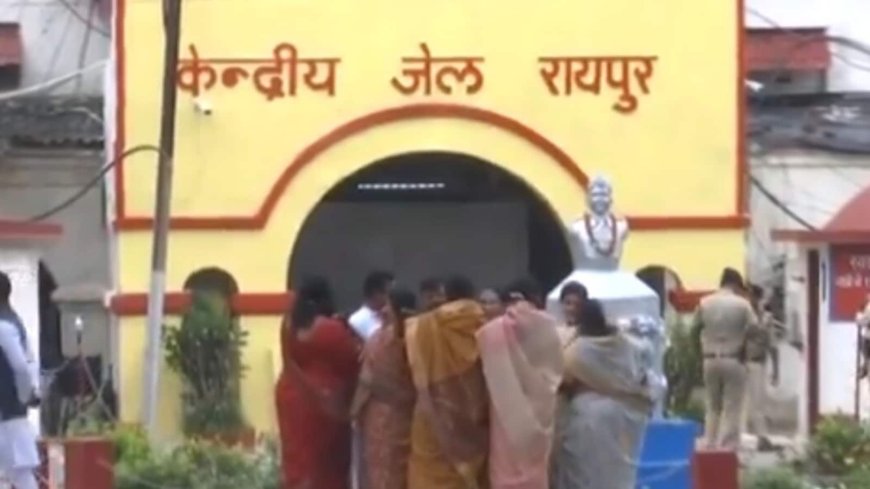Chhattisgarh jails to include RSS magazines to promote ‘Sanatana Dharma’, Congress objects
Chhattisgarh jail authorities will add Panchjanya and Organiser magazines to prison libraries to aid inmate reform and promote awareness of Indian culture.

Chhattisgarh Jails to Include RSS Magazines to Promote ‘Sanatana Dharma’
In a controversial move, the Chhattisgarh government has announced plans to include RSS (Rashtriya Swayamsevak Sangh) magazines in jails across the state to promote 'Sanatana Dharma'. This initiative is aimed at providing inmates with literature that reflects the traditional values and philosophical tenets of Sanatana Dharma, which many believe could aid in their rehabilitation. News by dharmyuddh.com
Understanding 'Sanatana Dharma'
Sanatana Dharma is often referred to as the original name for what many people now know as Hinduism. It emphasizes eternal truth and moral codes that govern an individual's life. The inclusion of RSS magazines is deemed significant as they aim to impart teachings and principles aligned with this philosophy. However, this venture has sparked considerable debate within political circles and among the public.
Congress Objects to the Initiative
The Congress party has objected strongly to this initiative. They argue that incorporating RSS literature in the educational materials provided to prisoners can lead to a potential ideological bias and raise concerns about secularism within the correctional facilities. Critics view this as an attempt to further the agenda of religious nationalism in a diverse state like Chhattisgarh.
Political Implications
This decision brings forth a broader discussion regarding the role of religion in public institutions and government policies. Many believe that implementing such ideas might polarize the population and undermine the state's secular fabric. The controversy highlights the complexities of governance in a nation grappling with its multicultural identity.
Community Reactions
Reactions from the community and various stakeholders have been mixed. Some supporters claim that access to RSS materials can foster a sense of community and belonging among inmates, while detractors worry about promoting one ideological perspective over another. This debate prompts a reflection on the balance between rehabilitation and ideological education within prison systems.
Conclusion
As the Chhattisgarh government moves forward with its plan, it is essential for public discourse to remain open and vigorous. Understanding the implications of such policies is crucial for preserving the principles of democracy and pluralism in India. News by dharmyuddh.com continues to cover this developing story. Keywords: Chhattisgarh jails, RSS magazines, Sanatana Dharma promotion, Congress opposition, ideological bias in prisons, secularism debate in India, religion in public institutions, rehabilitation programs, prison education, political implications of RSS literature.







